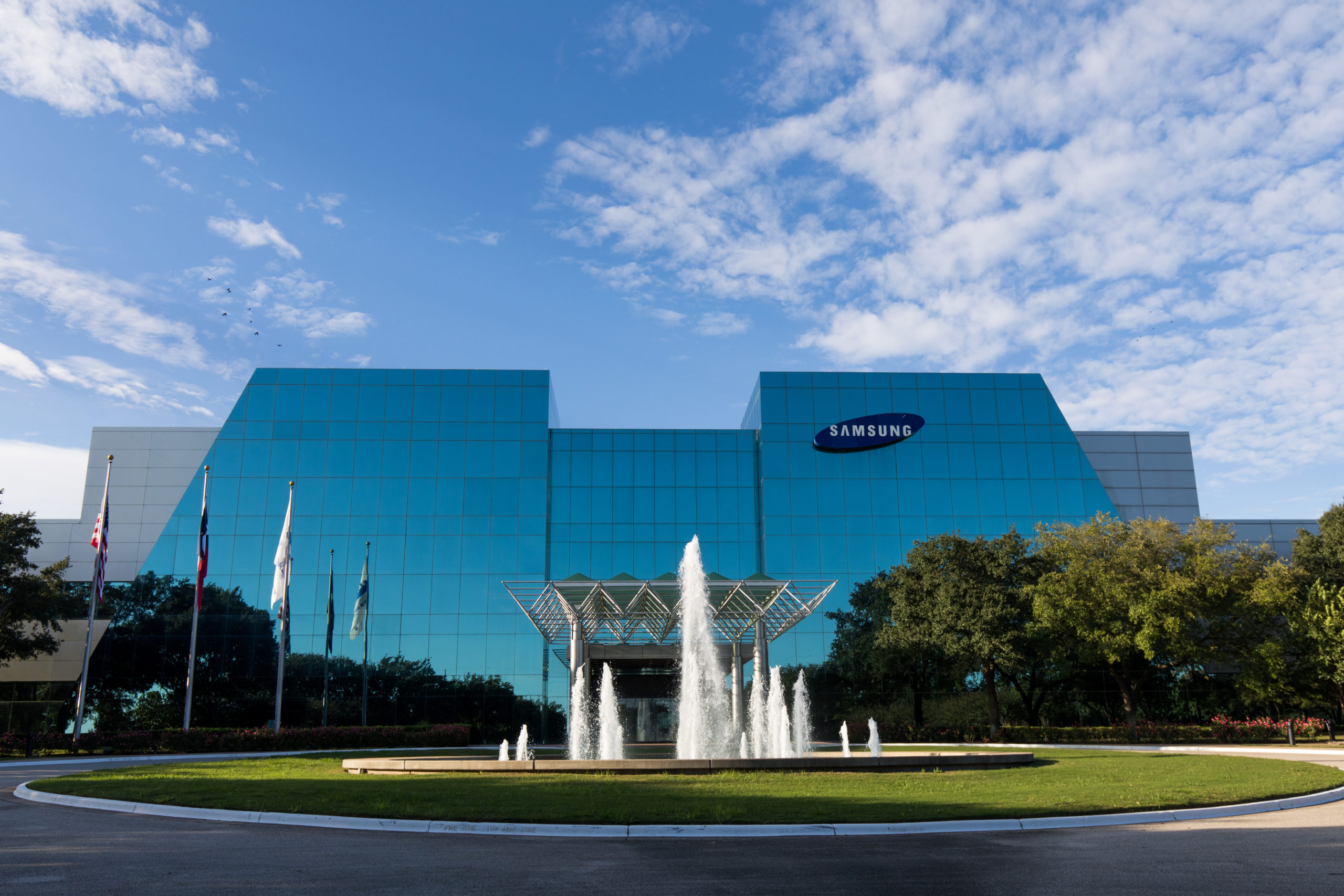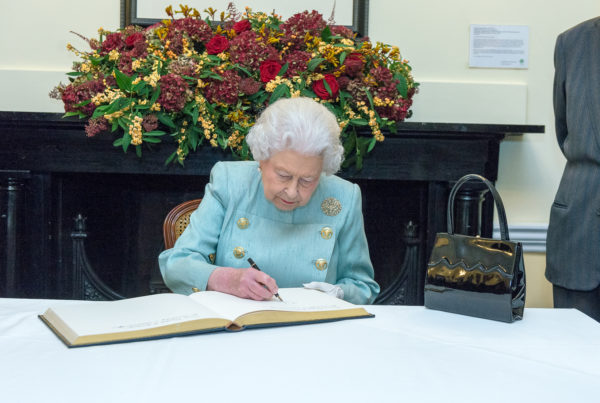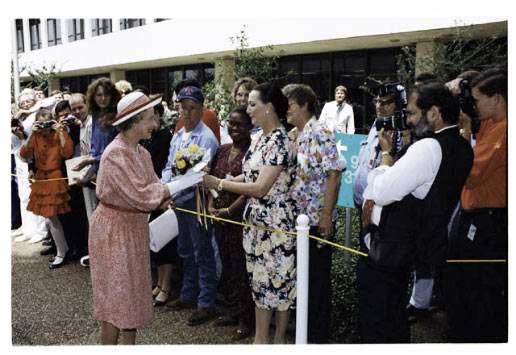Texas lawmakers could bring back an economic incentive program that offers property tax breaks to companies that invest in the state.
Chapter 313 School Value Limitation Agreements are state-sponsored breaks on property taxes designed to attract companies to do business in Texas. In exchange for 10 years of tax breaks, the business agrees to build or install new property and create jobs in the target district.
Lawmakers decided to end the program last year during the legislative session, and the state comptroller’s office was flooded with applications before the deadline. But at a hearing of the state House Ways and Means Committee on Thursday, legislators discussed bringing some version of the program back.
Jeremy Blackman, health and politics reporter for the Houston Chronicle, was at the hearing. He spoke to the Texas Standard about what the next version of the Chapter 313 program may look like.
This transcript has been edited lightly for clarity:
Texas Standard: The state Legislature had an opportunity to renew these tax breaks last session. If they were interested in having them hang around, why didn’t they take care of business then?
Jeremy Blackman: I think the the decision to kill the program last year was really a surprise to the industry groups who have been supportive of them for years. I mean, this program has been around for 20 years. So I think it caught everyone a little bit flatfooted. And I think there’s probably a bit of a consensus that there is going to need to be some sort of incentive for attracting businesses to the state, but that it can’t look like what the program looked like at the end.
What kind of projects do these tax breaks generally go toward?
They’re mostly energy projects and manufacturing projects. I think the bulk right now that are in the pipeline are solar projects and wind projects. And then there’s also oil and gas and other kind of refineries. And like the big chip manufacturers that have been going in in the last years – those all have 313 tax incentives.
You attended a Thursday hearing of the Texas House Ways and Means Committee, which is in charge of state revenue. Who do they hear from about these tax breaks?
They heard from a wide-ranging group, many of the key supporters – these are industry representatives for the major manufacturers and the oil and gas industry and the solar companies. And this committee is made up, I should say, of some of the big supporters in the Legislature. So this is a bit of laying the groundwork in the lead-up to the session that starts in January to have some sort of replacement. I don’t think it’s going to be called the 313 program as we know it, because as some of the supporters last night noted, the brand is a bit underwater.
Let’s focus on that just a bit. Did you hear much pushback at this hearing? Because, of course, there are some economists and a lot of everyday Texans who feel like these kind of programs come at a significant cost to state and local governments. And oftentimes, some argue, companies would have come to Texas anyway without the tax break.
There wasn’t a lot of pushback from the legislators in the hearing last night about the program. I think what you’re going to see is some real leverage that the ending of the program last session brings to how the program is reformed. You know, there were Democrats and Republicans last night who were generally supportive of the notion of having an incentive to bring companies to Texas, because the reality is other states and other countries have similar incentives in place themselves. But there is also a general feeling that 313 as it existed was pretty nontransparent, pretty unfair. I mean, it basically pitted school districts against each other, and the state taxpayers were left holding the bag to cover the the breaks.
You mentioned that Chapter 313 has something of a branding problem given its legacy. How might it be restructured? What sort of changes might be in the offing?
There’s a lot of ideas out there. And this was actually something that Representative Trey Martinez Fischer was a little frustrated about last night: that he hasn’t actually seen legislative proposals from some of these industry groups who are now saying that the ending of this program is really going to be the demise of the future of business in Texas and some really kind of dark and gloomy language.
So I think there is definitely probably going to be some efforts to reform how the application process goes forward. A lot of these companies that apply are approved. I mean, very few – I think like 2.5% – are actually denied through the comptroller’s office. Legislators want to be a little more scrutinous in how they assess the companies. I mean, some of these projects had already been in the construction phase when they applied for it and received 313 tax breaks. So there’s going to be some some reform around the way that these projects get approved.














